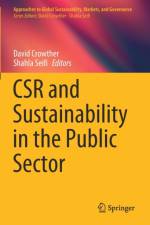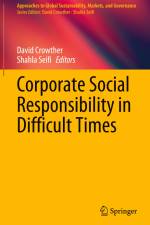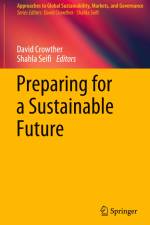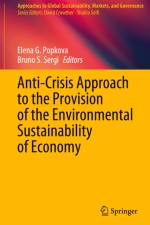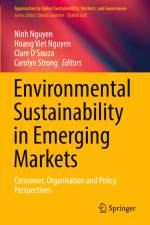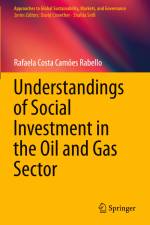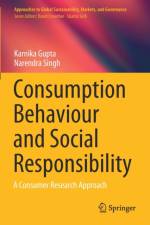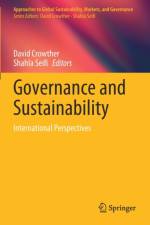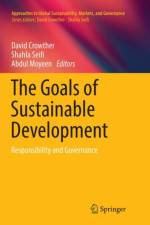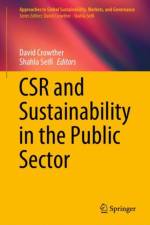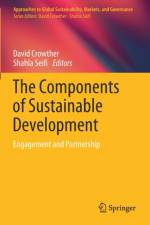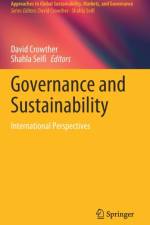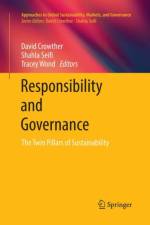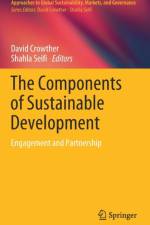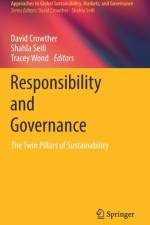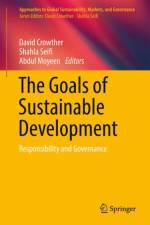von Shahla Seifi
158,00 €
The term sustainability has become one of the most significant in the current era. It seems to be ubiquitous amongst academics, politicians, business leaders, media personnel and even the general public. It is no exaggeration to state that it is considered all over the world to be the most pressing issue to be addressed for the long-term future of the planet and its inhabitants. The topic is of course complex, and the issue of sustainability is under much debate as to what it actually is and how it can be achieved, but it is completely certain that the resources of the planet are fixed in quantity and, once used, cannot be reused except through being reused in one form or another. At present, much of the discourse of sustainability has focused upon the environment and in particular upon climate change and the effects that this is having. Thus, the discourse has tended to be about mitigation.Sustainability of course requires all three pillars of the triple bottom line¿economic, environmental and social¿to be addressed. Indeed, it might be considered that the effects upon the social, and how we choose to live our lives, might well be the most profound effect of achieving sustainability. This book therefore focuses upon some of the many aspects of the social and how we can adapt our lives to accommodate the requirements of sustainability. it therefore takes a very different approach to addressing the issues of sustainability, while of course not ignoring the other pillars.This book therefore sets out to examine various aspects of the changes to personal, corporate and institutional behaviour which may have to come about in our search for sustainability. It is tended to address some of the issues and how they are being dealt with in various parts of the world. As always, our concept is to share best practice and thereby enrich both the discourse and our progress towards sustainability. Thus, we focus upon the current situation while also considering the extent to which the focus is changing so much that we need to think about new approaches to our understanding of behaviour and differing effects in practice. The international origins of the contributors to this book make this an original contribution taking some of the best ideas from around the world.This book therefore addresses these issues from a perspective not generally addressed by researchers, or even by politicians and the press. It therefore provides fresh perspectives upon the important issue of our common future. As always, this approach is based on the tradition of the Social Responsibility Research Network srrnet.org (a worldwide body of scholars with membership of several thousand), which in its 20-year history has sought to broaden the discourse and to treat all research as inter-related and relevant to business. This tradition has always been to explore the subject widely and to seek relevant solutions, while also sharing best practice. This book is based primarily upon some of the contributions from the network at our recent conference and shows both commonality and diversity in approaches and effects.

